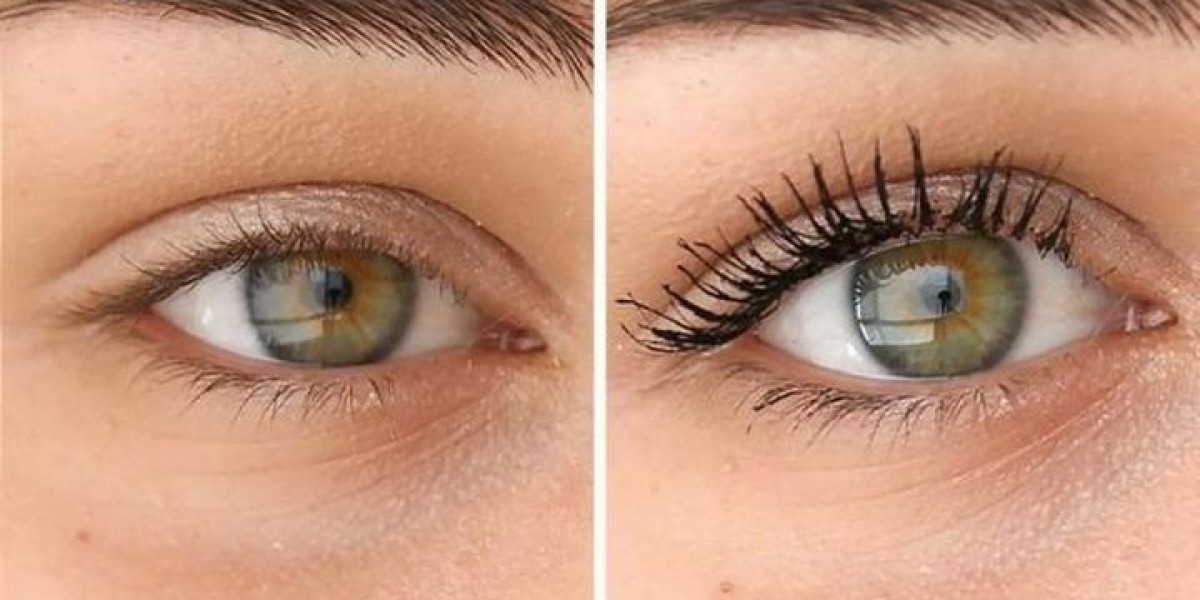Bacterial eye infections can be painful, irritating, and sometimes dangerous if left untreated. From conjunctivitis to corneal ulcers, these infections need quick and effective management. One of the most commonly prescribed treatments by eye care professionals is Ofloxacin Eye Drops. These antibiotic drops have become a reliable solution in modern ophthalmology.
This article explores the benefits, uses, side effects, and proper application of Ofloxacin Eye Drops, helping patients understand why this medication is often a go-to choice for bacterial eye issues.
What Are Bacterial Eye Infections?
Bacterial eye infections are caused by harmful bacteria invading the eye tissues. They can affect different parts of the eye, such as:
Conjunctiva (causing conjunctivitis)
Cornea (leading to corneal ulcers)
Eyelid (in conditions like blepharitis)
Symptoms typically include redness, discharge, swelling, itching, and pain. If not treated promptly, these infections can lead to vision impairment or more severe complications.
Introduction to Ofloxacin Eye Drops
Ofloxacin Eye Drops belong to a group of antibiotics known as fluoroquinolones. They work by inhibiting the enzymes needed by bacteria to replicate and survive. This action helps eliminate the infection and restore normal eye health.
This medication is typically available by prescription and is used both in adults and children for short-term treatment of bacterial eye conditions.
Uses of Ofloxacin Eye Drops
The spectrum of use for Ofloxacin Eye Drops is quite broad. Here are some of the common conditions they treat:
1. Bacterial Conjunctivitis
This is one of the most common eye infections, often referred to as pink eye. Ofloxacin helps reduce inflammation and eliminate the bacterial cause.
2. Corneal Ulcers
These are open sores on the cornea caused by bacteria. Immediate treatment with an effective antibiotic like Ofloxacin is critical to prevent scarring and vision loss.
3. Post-Surgical Eye Infections
Patients recovering from eye surgeries like cataract removal may be prescribed Ofloxacin to prevent or treat infections.
4. Eye Injuries
Any injury that breaks the surface of the eye can become infected. These drops help ward off bacterial invasion and promote healing.
How to Use Ofloxacin Eye Drops
Correct application is essential to ensure effectiveness and avoid contamination.
Step-by-Step Instructions:
Wash hands thoroughly before handling the eye drops.
Tilt your head back and look upward.
Pull down the lower eyelid to create a small pocket.
Hold the dropper directly above the eye and squeeze out 1 to 2 drops as prescribed.
Close your eyes for 1-2 minutes without blinking or squeezing.
Avoid touching the dropper tip to the eye or any other surface.
Always follow your doctors dosage instructions. Typically, Ofloxacin is applied 2 to 4 times a day for 5 to 7 days, depending on the severity of the infection.
Benefits of Ofloxacin Eye Drops
There are several reasons why Ofloxacin Eye Drops are widely recommended:
Fast-Acting Relief
Many patients notice reduced redness, swelling, and discomfort within a couple of days.
Broad-Spectrum Activity
They are effective against a wide range of bacteria, including Staphylococcus aureus, Pseudomonas aeruginosa, and Haemophilus influenzae.
Convenient and Painless Application
The drops are easy to use and typically do not cause any significant stinging or discomfort.
Minimal Resistance
Compared to other antibiotics, Ofloxacin has shown a lower rate of bacterial resistance, making it a reliable choice for treatment.
Possible Side Effects
Like all medications, Ofloxacin Eye Drops may cause side effects in some users. Most are mild and temporary, including:
Temporary eye burning or stinging
Blurred vision right after application
Sensitivity to light
Dry or watery eyes
Rarely, some people may experience more serious reactions like eyelid swelling, severe redness, or allergic symptoms (itching, rash, difficulty breathing). If you notice any of these, stop using the drops and consult a doctor immediately.
Precautions and Interactions
To ensure safe use of Ofloxacin Eye Drops, keep these precautions in mind:
Contact lens users should remove lenses before applying drops and wait at least 15 minutes before reinserting them.
Inform your doctor if you're pregnant or breastfeeding.
Let your healthcare provider know about any other eye medications you're using to avoid interactions.
Do not use beyond the prescribed duration even if symptoms improve, as it may lead to recurrence.
Always check the expiry date and store the drops in a cool, dry place.
Alternatives to Ofloxacin Eye Drops
Although Ofloxacin is highly effective, there are other antibiotic eye drops available for those with allergies or resistance, including:
Ciprofloxacin
Tobramycin
Erythromycin (ointment form)
Moxifloxacin
Each has its pros and cons depending on the infection type and patient history. A medical professional can recommend the best alternative if needed.
When to See a Doctor
Even if you're using Ofloxacin Eye Drops, it's important to follow up with your eye care provider if:
Symptoms worsen after 2-3 days
Vision becomes blurry or dark
You experience intense pain or swelling
Theres yellow or green discharge from the eye
Prompt medical attention can prevent complications and ensure a full recovery.
Conclusion
Ofloxacin Eye Drops offer a powerful, reliable, and fast-acting solution for bacterial eye infections. Their broad-spectrum antibiotic action and easy application make them a top choice among healthcare providers. While generally safe and well-tolerated, proper usage and adherence to your doctors instructions are key to maximizing effectiveness and minimizing side effects.
If you're suffering from red, irritated, or infected eyes, consult your doctor to see if Ofloxacin Eye Drops could be the right treatment for you.





